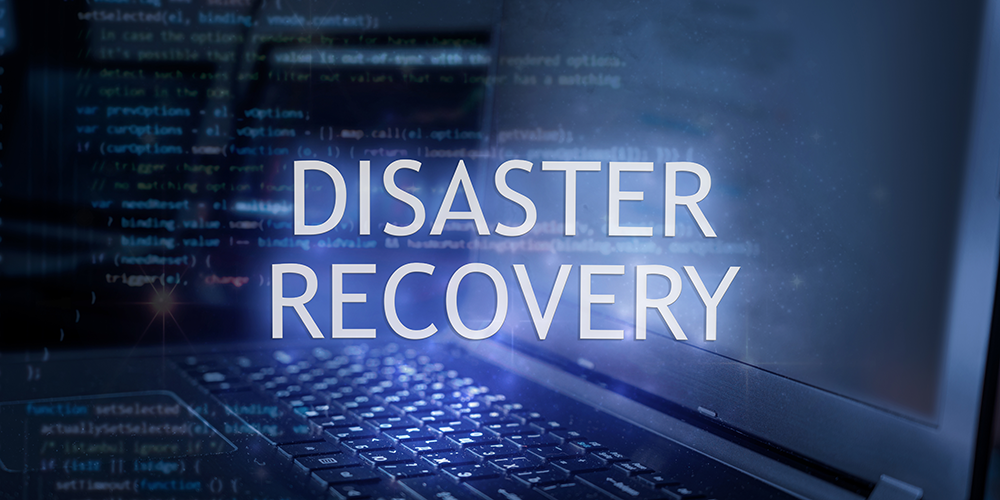What would your company do when faced with a disaster? For example, what would happen if a fire damaged your physical headquarters? And what if a cyberattack compromised your network with its data and applications? Even a short power outage can impact your company’s business operations. Read on to learn more about how a disaster recovery plan can help you protect your company’s technology assets and recover from a disaster.
The Importance of a Disaster Recovery Plan
Having a detailed disaster recovery plan (DR) for how to proceed during a disaster can make the difference in how well your company recovers, helping you avoid costly downtime and even fines for failure to comply with industry regulations. With this detailed, written plan in effect, your company can stay running, or get back to running, as soon as possible–protecting you from the loss of revenue and reputation resulting from an extended outage or data breach.
Key Metrics for a Disaster Recovery Plan
According to an article from CompTIA, two key metrics will help you draw up a plan to recover from a disaster, either natural or man-made. The Recovery Point Objective (RPO) defines how much data or service time can be lost before consequences become unacceptable. This objective should be considered ahead of time. For example, what outage duration is acceptable before legal and financial consequences become a reality? How much data can you afford to risk losing? The RPO will determine how often you backup your data, for instance. As far as data goes, what is mission-critical and what can you back up less frequently? With data, sometimes minutes matter, otherwise daily backups are ok. While related to RPO, Recovery Time Objective (RTO) sets the clock once an incident occurs. Do you know what procedures to follow in the event of a cyber attack or other data loss, to get the system back up? These two metrics both have bearing on issues like regulatory compliance, financial cost of loss of data and/or services, and cost of solutions to any problems resulting from a disaster.
A disaster recovery plan, carefully considered and executed, can make a difference in your company’s ability to bounce back after a natural, technological or man-made disaster. For help with your plan, contact us today.




